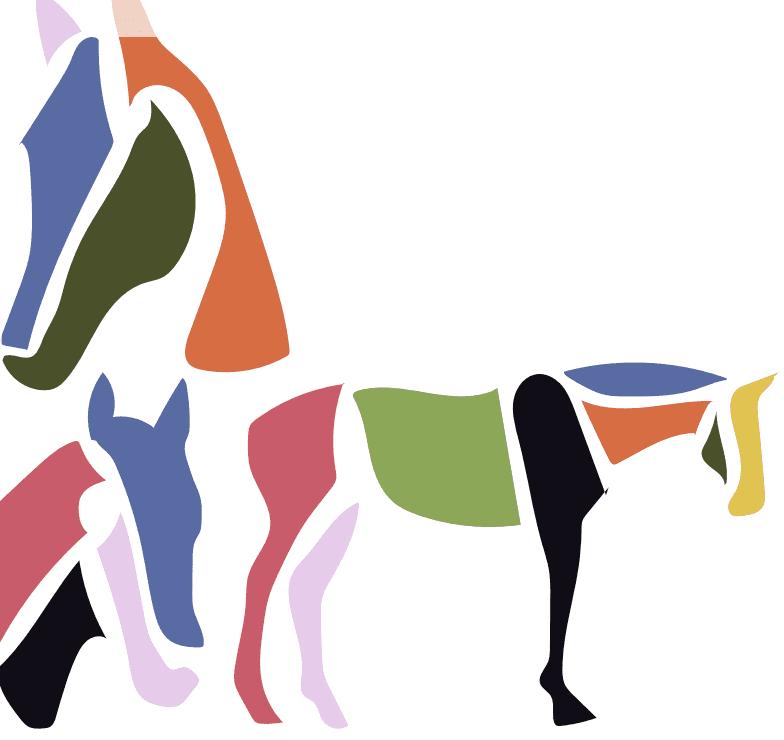CONTENT WARNING: NSW/Victoria Bushfires
I close my eyes, and all I can see are violent flames, families huddled on beaches, the blackened ruins of homes, and injured wildlife in a now desolate landscape. I see our prime minister force an upset woman to shake his hand for a press photo before running away when the questions from angry survivors get too honest.
It wasn’t even me.
But it could’ve been.
The North Black Range fire ravaged Tallaganda National Park and surrounding towns, and threatened beautiful little Braidwood. It was too close – nine kilometres to be exact. Too close to our gorgeous property, my home. Too close to our animals that rely on us for food and water. Too close to my heart and my safety.
That terrifying Thursday when conditions suddenly changed, we got the horses out. Clouded in smoke, it felt surreal. They were safe, and the fish too, thanks to a lovely friend. Bags packed, plans to take the dogs and chickens. Alpacas moved to the safest, clearest paddocks.
We got lucky. The winds changed and stayed blowing away from us for the two weeks that it took for the fire to be controlled. Two weeks of being on high alert, of worrying about friends in Braidwood, of the extra work of having the horses off property. A huge amount of energy was sapped from me.
We got lucky, but this relief was always countered with the guilt that it meant others were not so lucky. The winds that were a salvation to us pushed the flames onto the properties and livelihoods of others. A guilt I know to be natural, but that remained insurmountable.
Now, things for us are normal. Except, for as long as this drought and bushfire season continues, it can never be normal. Perhaps with the ever-worsening state of the climate, this stress and anguish will be the new normal. We are faced with the challenges of paddock management, feeding the animals, and praying our bore water supply doesn’t run out. I desperately hope this doesn’t become normal, but my fears are not unfounded.
Although the North Black Range fire remains largely under control, we have to be constantly vigilant for any fire that may start nearby. I’m aware of the toll this has taken on my mental health. But what makes it worse – what makes it a million times worse – is the lack of care and action from our government. Sometimes, it feels like everything I could do is for nothing – what difference does it make if our leaders don’t care? What is the point when this is going to keep getting worse as our world heats up?
But then I feel the breath of a horse on my face, see the sweet doe-eyes of a kangaroo and her joey, and watch my niece overflowing with joy and life. Even if the now isn’t forever, it still matters. So many lives matter now. And it’s not too late. It’s not too late to try, to fight, to hope, and to live. For as long as we have today, perhaps we’ll have tomorrow. And to me, that is worth something.
I close my eyes and I see violent flames, families huddled on beaches, the blackened ruins of homes, and injured wildlife in a now desolate landscape. I see our prime minister force an upset woman to shake his hand for a press photo before running away when the questions from angry survivors get too honest.
But, I also see a line of firefighters standing bravely before the whipping flames, communities rallying together to provide food and supplies for those who’ve fled, individuals opening their homes to strangers, tireless volunteers hunting for the wildlife survivors, and hoards of young people gathering together to raise their voices. And maybe, maybe, this will get us through.
We acknowledge the Ngunnawal and Ngambri people, who are the Traditional Custodians of the land on which Woroni, Woroni Radio and Woroni TV are created, edited, published, printed and distributed. We pay our respects to Elders past and present. We acknowledge that the name Woroni was taken from the Wadi Wadi Nation without permission, and we are striving to do better for future reconciliation.
